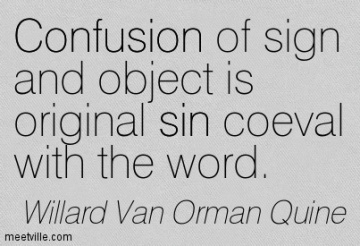Deductivism — the original sin in economics Mathematics, especially through the work of David Hilbert, became increasingly viewed as a discipline properly concerned with providing a pool of frameworks for possible realities … This emergence of the axiomatic method removed at a stroke various hitherto insurmountable constraints facing those who would mathematise the discipline of economics. Researchers involved with mathematical projects in economics could, for the time being at least, postpone the day of interpreting their preferred axioms and assumptions. There was no longer any need to seek the blessing of mathematicians and physicists or of other economists who might insist that the relevance of metaphors and analogies be established at the outset. In particular it was no longer regarded as necessary, or even relevant, to economic model construction to consider the nature of social reality, at least for the time being … The result was that in due course deductivism in economics, through morphing into mathematical deductivism on the back of developments within the discipline of mathematics, came to acquire a new lease of life, with practitioners (once more) potentially oblivious to any inconsistency between the ontological presuppositions of adopting a mathematical modelling emphasis and the nature of social reality.
Topics:
Lars Pålsson Syll considers the following as important: Economics
This could be interesting, too:
Lars Pålsson Syll writes Schuldenbremse bye bye
Lars Pålsson Syll writes What’s wrong with economics — a primer
Lars Pålsson Syll writes Krigskeynesianismens återkomst
Lars Pålsson Syll writes Finding Eigenvalues and Eigenvectors (student stuff)
Deductivism — the original sin in economics
Mathematics, especially through the work of David Hilbert, became increasingly viewed as a discipline properly concerned with providing a pool of frameworks for possible realities …
This emergence of the axiomatic method removed at a stroke various hitherto insurmountable constraints facing those who would mathematise the discipline of economics. Researchers involved with mathematical projects in economics could, for the time being at least, postpone the day of interpreting their preferred axioms and assumptions. There was no longer any need to seek the blessing of mathematicians and physicists or of other economists who might insist that the relevance of metaphors and analogies be established at the outset. In particular it was no longer regarded as necessary, or even relevant, to economic model construction to consider the nature of social reality, at least for the time being …
The result was that in due course deductivism in economics, through morphing into mathematical deductivism on the back of developments within the discipline of mathematics, came to acquire a new lease of life, with practitioners (once more) potentially oblivious to any inconsistency between the ontological presuppositions of adopting a mathematical modelling emphasis and the nature of social reality. The consequent rise of mathematical deductivism has culminated in the situation we find today.

